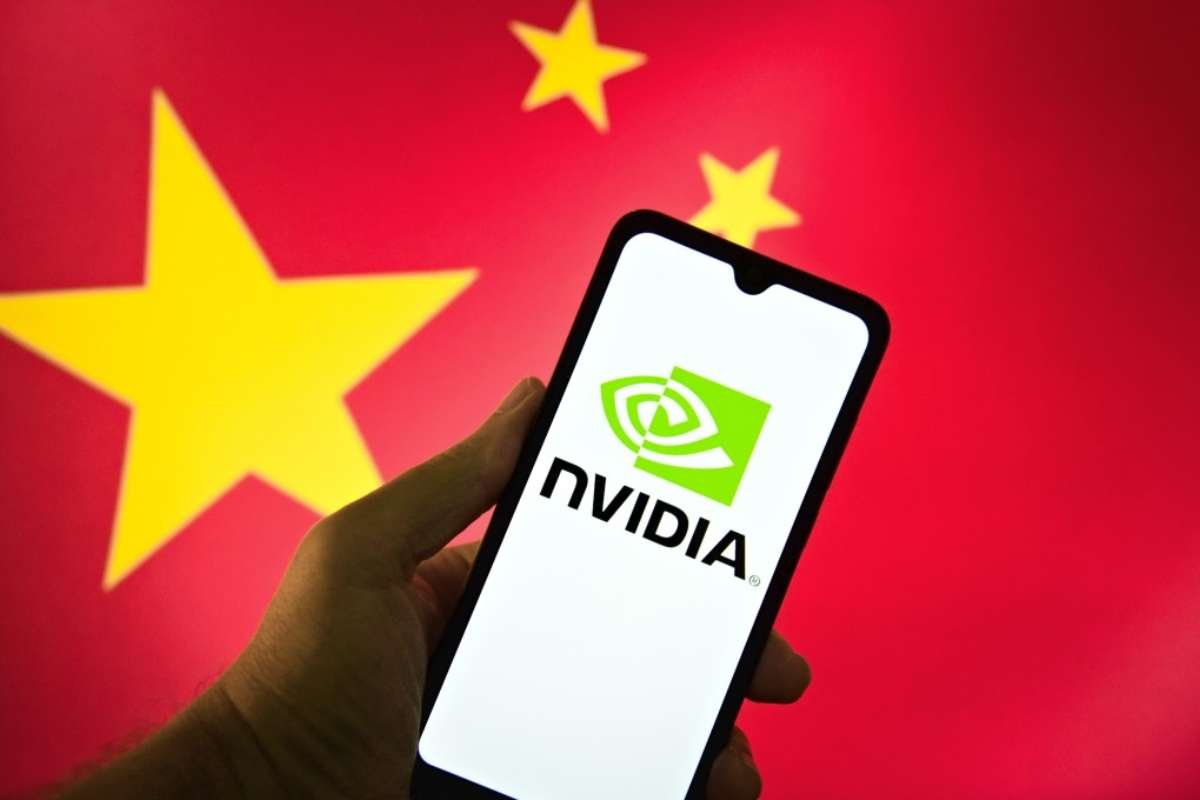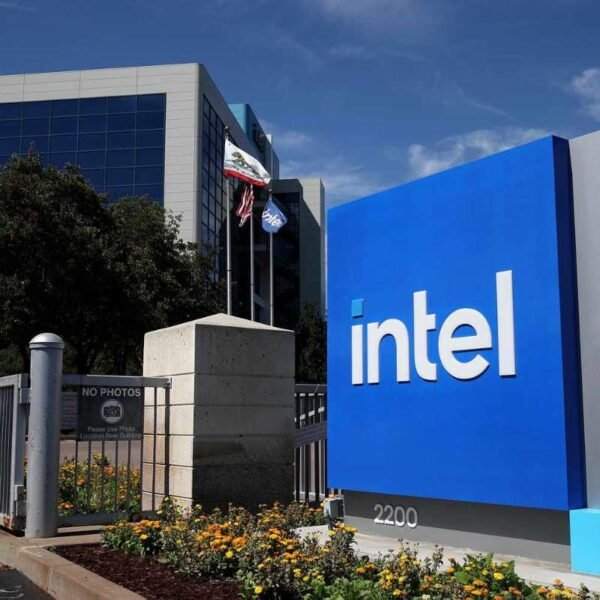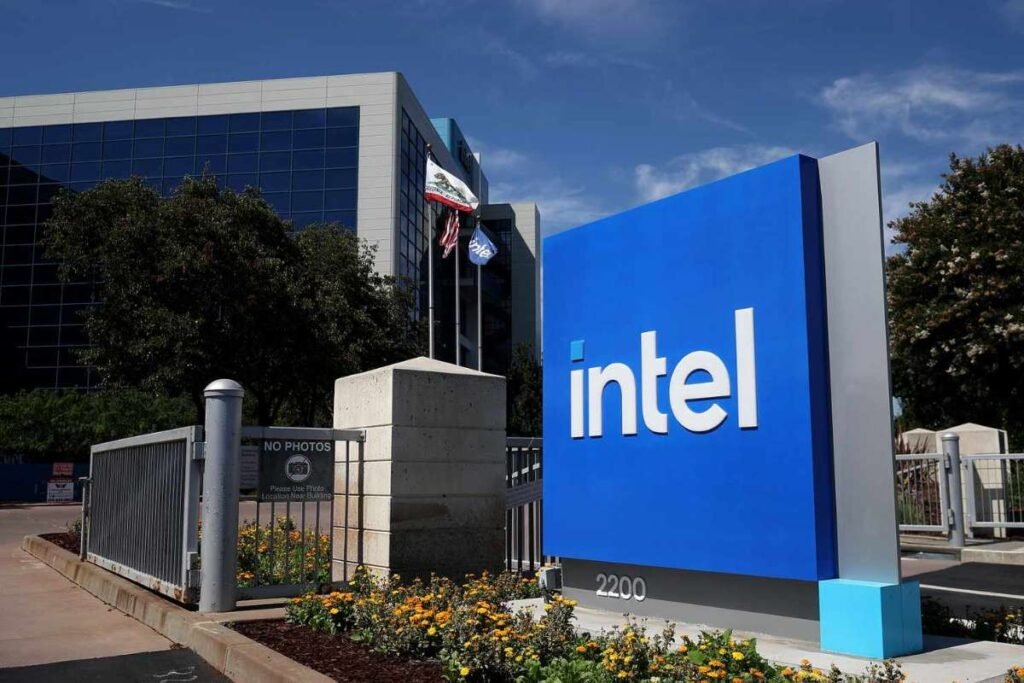Chinese technology companies are reportedly laying the groundwork for a sweeping expansion of domestic AI capabilities by planning up to 36 large-scale data centers in the remote western provinces of Xinjiang and Qinghai. These facilities aim to house over 115,000 Nvidia AI chips, including the high-performance H100 and H200 models, both currently banned from export to China by the U.S. government.
The initiative, rooted in China’s national strategy “East Data, West Computing,” seeks to tap into renewable energy, cooler climates, and lower land costs to support massive AI computing hubs. Notably, one proposed facility in Xinjiang alone could host the majority of these chips, enabling the training of large-scale language models and advanced AI systems.
Legality in Question: No Clear Path for Chip Acquisition
While tender documents and project filings cite Nvidia’s top-tier chips, there is no transparency on how China plans to acquire them amid ongoing U.S. export restrictions. The U.S. Commerce Department’s ban prohibits Nvidia from selling these chips to Chinese customers due to national security concerns, leaving regulators and industry watchers puzzled about how such a scale of procurement might be achieved.
Current estimates suggest only about 25,000 restricted Nvidia GPUs are available in China, a fraction of the planned inventory. Nvidia has strongly denied any involvement, stating that smuggling or unofficial acquisition would make the data centers unserviceable and “business-wise irrational” due to a lack of support and maintenance.
The situation has prompted a formal U.S. investigation, with the Commerce Department exploring possible violations of trade controls. Lawmakers have voiced growing concerns that sanctioned Nvidia AI chips may still be finding their way into China through gray-market networks or indirect resales.
Strategic Implications for the Global AI Race
Beijing’s bold pursuit of cutting-edge AI infrastructure underscores China’s determination to compete with U.S. tech leadership, even amid tightening export restrictions. President Xi Jinping has repeatedly stressed the importance of Artificial Intelligence(AI) in national development, and this new push reflects that directive. If realized, the scale of these facilities would place China among the world’s most AI-compute-rich nations.
Meanwhile, Nvidia CEO Jensen Huang has labeled the U.S. chip restrictions as “a failure,” warning they are inadvertently accelerating China’s domestic semiconductor innovation. He notes that Nvidia’s market share in China has dropped from 90% to roughly 50%, as local firms like Huawei and Alibaba step up with homegrown alternatives.
As the world watches this high-stakes technological standoff unfold, the outcome may redefine the next decade of AI leadership, supply chain sovereignty, and global tech regulation. Whether China can bypass the Nvidia AI chips chokehold or develop powerful alternatives remains one of the most pivotal questions in today’s AI arms race.
Sources:










